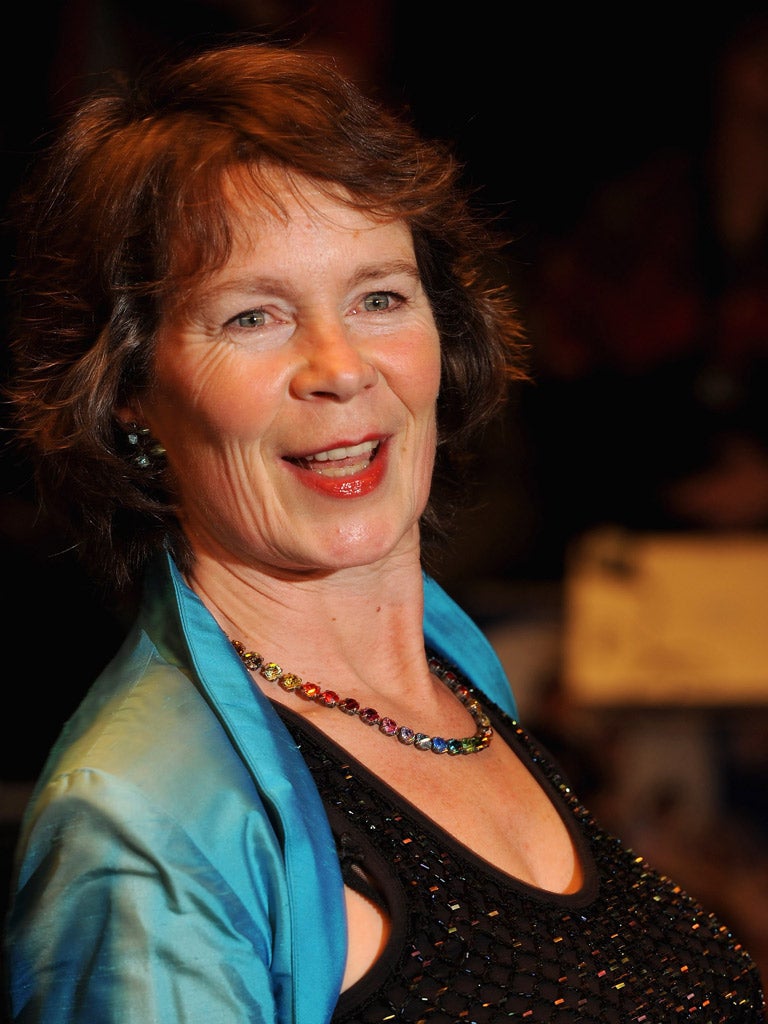The Week in Radio: A satirical class act that's right on the money
The play chimed neatly with our time with its obsession with material wealth and social status

Your support helps us to tell the story
From reproductive rights to climate change to Big Tech, The Independent is on the ground when the story is developing. Whether it's investigating the financials of Elon Musk's pro-Trump PAC or producing our latest documentary, 'The A Word', which shines a light on the American women fighting for reproductive rights, we know how important it is to parse out the facts from the messaging.
At such a critical moment in US history, we need reporters on the ground. Your donation allows us to keep sending journalists to speak to both sides of the story.
The Independent is trusted by Americans across the entire political spectrum. And unlike many other quality news outlets, we choose not to lock Americans out of our reporting and analysis with paywalls. We believe quality journalism should be available to everyone, paid for by those who can afford it.
Your support makes all the difference.OK, so I might have exaggerated. A few months ago, I wrote about my intolerance of radio drama, two words that, when used separately are quite harmless in my mind but when put together provoke an overwhelming compulsion to dig a hole in the garden, drop the radio in it and fill it in with concrete, just to make sure. I outlined some reasons for this phobia: the below-par acting, the cringing expositionary dialogue, the ghastly sound effects designed to replicate doctor's waiting rooms or Victorian boudoirs that in fact summon images of hapless underlings locked in a subterranean studio creaking door hinges into a microphone.
But lately I seem to have been ambushed by two radio plays that neither made me want to drop electronic equipment into a hole in the ground nor left me feeling inconsolably sad. The first one came a fortnight ago with the triumphant five-and-a-half-hour literary work-out that was Ulysses, an adaptation that wouldn't have had a sliver of the power had it been on television. And then this week brought a fresh revelation: Radio 3's Money, Edward Bulwer-Lytton's 19-century satire about aristocrats and their covetous ways. Adapted by Kate Clanchy, it was a radio drama that reeked of class, talent and, yes, hard cash. Because, like Ulysses, which seemed to have more manpower behind it than the Olympics, someone had clearly blown the budget on this one, emptying the drama department coffers save for a couple of tenners for the Afternoon Drama slot on Radio 4.
So where did it go right? There was the cast, which didn't, as is often the case, rest on a single well-known stage actor or a former soap star looking to up their game, but a gaggle of trusted names, among them Celia Imrie, Roger Allam and Ian McDiarmid. There was the top-notch director (Samuel West), the expertly judged music (courtesy of the Endellion String Quartet) and the setting, which was very special indeed. Rather than mock up the sound of a smart country house bulging with plummy aristos, the whole production had been parachuted in to Knebworth House, the acoustics of which meant you never doubted that you were in the presence of upper-class swines. Finally, there was the play itself, expertly reworked for radio by Clanchy and chiming neatly with our time with its obsession with material wealth and social status. "If you have no merit or money of your own you must trade on the merits and money of other people," said an ambitious father to his daughter, anticipating a windfall from a dead relative. Certainly, there was a horrible familiarity to the play's broader observation that, for the ruling classes, wealth equals virtue and poverty is nothing short of a crime.
After listening to Money, I have to admit that for a short time I lost my head, and approached all radio drama in a spirit of optimism. Big mistake. On Radio 4's 15 Minute Drama, Where'd You Go Bernadette, adapted from Maria Semple's debut novel, Miranda Richardson flailed with poor material and a dubious American accent as a mother who has lost her way in life. She is reaching crisis point when her daughter, a straight-A student in line for a graduation present, requests that the family go on a trip to Antarctica. It was a comedy drama that was wildly overacted and didn't once raise a smile. By the end of it, a familiar cloud of despondency had descended and there seemed only one solution: to go into the garden and dig a large hole.
Join our commenting forum
Join thought-provoking conversations, follow other Independent readers and see their replies
Comments